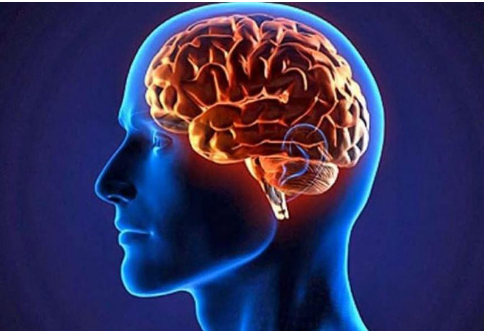Before We Can Get Control Over Climate Change We Have to First Upgrade Our Antiquated Brains
Before We Can Get Control Over Climate Change We Have to First Upgrade Our Antiquated Brains
Remember “brain drain?” Smart people fleeing dumb places for more rewarding lives. Today a bigger problem is brain train or retaining our brains to think differently about something that has us all in its deadly grips—climate change.
The problem is retraining brains stuck in the immediate, says Dr. Ann-Christine Duhaime, a pediatric neurosurgeon at the Massachusetts General Hospital.
She’s observed how our brains have a habit of reacting more swiftly to immediate stimuli such as rewards, money, influence, power and security. And climate change is about as far from immediate as it gets.
After looking at brains over many years, Dr. Duhaime says citizens especially of wealthy countries need to make some big and rapid behavioral changes to slow down global warming.
According to The New York Times, it’s all outlined in her new book “Minding the Climate: How Neuroscience Can Help Solve Our Environmental Crisis,” published by Harvard University Press.
Sure, the human brain designed by evolution can be flexible. It transformed the planet, but look how long it took. This time around, we don’t have the luxury of all those centuries, especially endangered people like me living next to swelling oceans that lately have not been very kind to Florida.
Lately, Dr. Duhaime has wrapped her brain around the vexing problem of how to save our planet in the time remaining above water, yet our brains are still making decisions based on a different era in our evolution cycle: I do this, I get food.
Also, today the typical rewards — money, convenience, praise, social acceptance — often are way out of alignment with what’s best for the environment. A board might not cheer a company CEO for investing the company’s margin in lowering its carbon footprint, though that may be changing, thankfully.
Duhaime writes that rewarding can change, citing an experiment in Europe that offered social rewards to drive behavioral change in an experiment called Eco-Teams. Neighborhood leaders got households in their area to create teams, that choose which behaviors to change, reducing solid waste, using less energy, or saving water?
They were taught how to change those behaviors and how to track their outcomes, like weighing their trash or metering their energy use. The teams met regularly, shared tips, competed against other teams, making it fun.
Long after it ended, participants continued their pro-environment behaviors. So, what happened? The unbelievable! Their brains changed. They realized rewards are more abstract and less immediate than scoring those goals in soccer that our U.S. team regrettably missed or that bonus at work.
So maybe we should align better choices for the environment with things people already find rewarding, like lower costs, more jobs, greener neighborhoods.
Most of our planet’s problems will need to be solved by collective action. But this happens at the brain level, so someone has to start a movement, and others have to be persuaded to join in.
So, what’s the main point here about saving our planet? Perhaps it’s understanding our predispositions as well as our flexibilities in changing how our brains work . . . how we think.
This may help us find solutions that have a greater chance of saving our planet.


